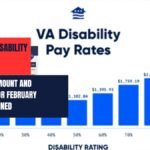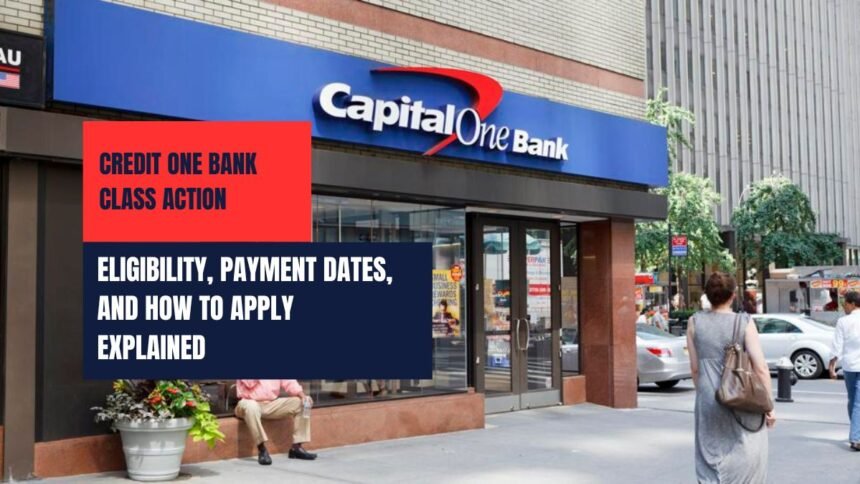Imagine losing a huge amount of money in a flash. This is the reality for many people affected by fraud involving Credit One Bank. This article provides essential details about the Credit One Bank class action lawsuit, including payment dates for 2024, eligibility, how to apply, and other important information.
Credit One Bank Class Action Lawsuit
In the digital age, many people rely on credit cards for their daily transactions. However, problems arise when credit card bills become unexpectedly high, and the bank is unresponsive. This led to the Credit One Bank class action lawsuit. Here’s a breakdown of the key details:
| Aspect | Details |
|---|---|
| Issue | High credit card bills, unresponsive customer service |
| Duration of Claims | 3 years |
| Number of Claims | 1,400 companies |
| Types of Accounts Affected | Personal and business accounts |
Many customers experienced issues with their credit cards, including unexplained fees and fraudulent transactions, leading to the lawsuit.
About Credit One Bank
Credit One Bank is one of many banks in the USA offering credit cards. Here’s what you need to know:
| Feature | Details |
|---|---|
| Bank Type | Credit card provider |
| Customer Experience | Issues with high fees and penalties |
| Reputation | Poor reviews due to fraud and data breaches |
Credit One Bank provided credit cards with increasing fees and penalties, which led to dissatisfaction among customers and eventually the lawsuit.
Credit One Bank Class Action Eligibility
To be part of the class action lawsuit, you need to meet specific criteria:
| Eligibility Criteria | Details |
|---|---|
| Transaction Proof | Must show evidence of transactions or withdrawals from Credit One Bank |
| Financial Records | Required to prove financial loss due to fraud |
| Account Status | Must have an active account with Credit One Bank |
Customers must provide valid proof of their transactions and financial records to be eligible for compensation.
How to Apply for Credit One Bank Class Action Lawsuit
If you were affected and want to apply, follow these steps:
| Step | Details |
|---|---|
| Registration | Register with the class action lawsuit |
| Required Documents | Financial statements, personal details, identity cards |
| Contact Information | Reach out to bank officials for more details |
Ensure you have all necessary documents and follow the registration process to submit your claim.
Payment Date in 2024
Payments for the class action lawsuit will follow a schedule set by the court. Key details are as follows:
| Payment Details | Information |
|---|---|
| Payment Date | Determined by the court’s schedule |
| Bank Agreement | Credit One Bank has agreed to compensate affected customers |
| Current Status | Thousands of consumers are waiting for payments |
Be patient as the payment process can take some time due to the large number of claims.
Conclusion
The Credit One Bank class action lawsuit highlights serious issues with credit card management and customer service. If you were affected, it’s crucial to check your eligibility, gather necessary documents, and apply for compensation. Keep track of the court’s payment schedule and ensure you have all required information to support your claim.
FAQ’s
What is the Credit One Bank Class Action Lawsuit about?
The Credit One Bank Class Action Lawsuit is a legal case where Credit One Bank is accused of fraudulently increasing credit card bills and failing to provide adequate customer service. Affected customers have filed the lawsuit seeking compensation for financial losses and unfair practices.
How can I check if I’m eligible for the Credit One Bank Class Action Lawsuit?
To check your eligibility, you need to have an account with Credit One Bank and provide proof of transactions or withdrawals from the bank. Ensure you have financial records and other relevant documents to support your claim.
When can I expect to receive my payment from the Credit One Bank Class Action Lawsuit?
Payment dates will be determined by the court’s schedule. The process may take some time due to the number of claims, so it’s important to stay patient and keep track of any updates provided by the court or bank officials.





